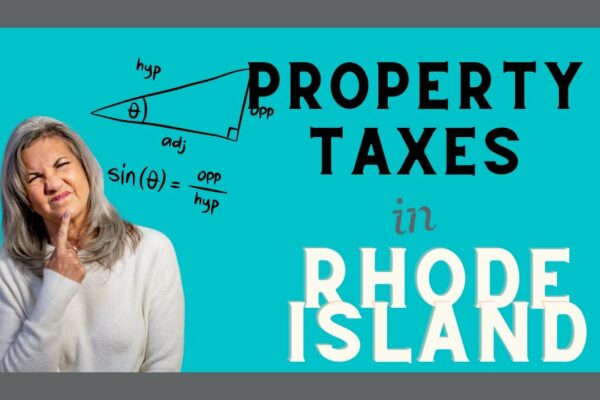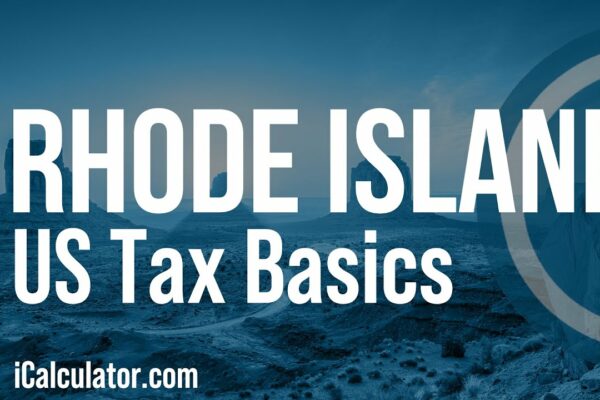Title: Does Rhode Island Confiscate Your Property Upon Arrest? Separating Fact from Fiction Introduction: In the realm of criminal justice, rumors and misconceptions can often cloud the truth. One such belief is the notion that Rhode Island has the authority to seize and retain an individual’s property upon their arrest. In this article, we aim to explore the veracity of this claim and shed light on the actual practices concerning property seizure in the state. Body: Contrary to popular belief, Rhode Island does not automatically confiscate an individual’s property when they are arrested. The idea that your belongings will be permanently seized and retained solely due to an arrest is an oversimplification of the law. While it is true that law enforcement agencies have the power to temporarily seize property during an arrest, this is done to preserve evidence, protect public safety, or prevent the concealment of assets. However, the state must follow strict legal procedures, ensuring transparency and accountability throughout the process. Following an arrest, Rhode Island law requires a prompt judicial review of the property seizure. The court examines the validity of the confiscation and considers factors such as the nature of the offense, the extent of the property’s involvement, and the potential impact on the owner’s rights. If the court determines that







